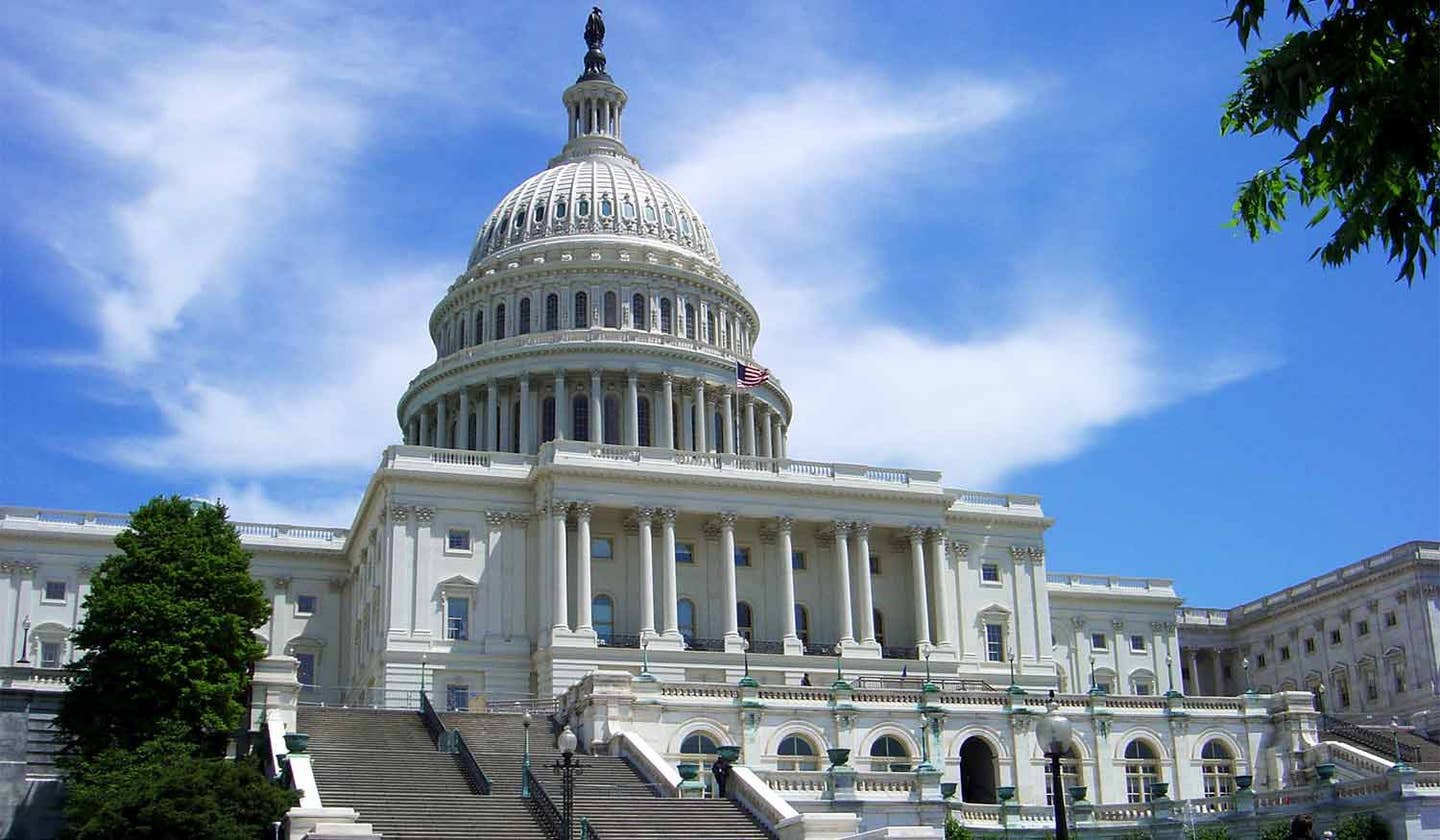
The newly-introduced Drone Innovation Act is very similar to the Drone Federalism Act that seeks to define operations of civil UAS under 200 feet and within state, local, or tribal jurisdictions. Wikimedia Commons
Republican Congressman Jason Lewis (R-MN-02) led the legislation for the Drone Innovation Act, which looks to define operations of civil UAS under 200 feet and within state, local, or tribal jurisdictions.
If that sounds at all familiar, it's because that's a very similar idea that the recently proposed Drone Federalism Act offered, which also looked for state, local and Native American tribal authorities to regulate drone use below 200 feet.
"The Drone Innovation Act, my legislation here in the House, seeks to strike the right balance between the interests of commerce and the legitimate concerns of local communities worried about their right to privacy," Lewis explains. "While our bills differ, I’m pleased Senators Feinstein and Cotton are working on these issues as well. I’ll continue to work to make sure that America remains the world leader in new technology and that the principles of local control and private property are also protected."
H.R.2930 will have the FAA retaining control over national airspace and directing the Secretary of Transportation to work with state and local governments to develop a framework for operation around a set of principles that have been outlined to “encourage innovation and protect privacy.”
"America continues to lead the world in technological advances. It's clear to me that drones have a growing role to play in interstate commerce, and that's vital to maintaining our economic strength at home and competitiveness on the world stage," Lewis said in a press release. "The Drone Innovation Act will promote that spirit of invention by establishing a clear framework for the operation of unmanned aircraft systems (UAS).
“Importantly, my legislation also lays out clear protections for your right to privacy, and gives local governments the primary responsibility in forming guidelines for how drones can be used in our communities. I look forward to working with the FAA to maintain an environment that works for all stakeholders, and thank my colleagues for their support.”
Lewis is joined by representatives Julia Brownley (D-CA-26), Todd Rokita (R-IN-04), and John Garamendi (D-CA-03).
“Congress needs to do more to spur innovation in this exciting new field of aviation, while at the same time promoting the safe integration of unmanned systems into the national airspace. As this process moves forward, it's important that we explore the proper role of state and local governments in helping to foster innovation,” said Brownley in a press release. “The pilot program created by the bill would be one step that can help lead us forward. I look forward to working with the Drone Advisory Committee, and other industry stakeholders, as Congress considers these issues, and thank my colleague, Jason Lewis, for leading this effort.”
The pilot program Brownley is referring to will include 20-30 state, local and Tribal governments that are selected within a 9-month period, an idea also similar to the Drone Federalism Act.
The selected governments have to vary in size and intended approach of UAS regulation. However, they also have to have a willingness to partner with UAS tech companies for innovation, something that was not mentioned in the Drone Federalism Act. After 18 months the Secretary of Transportation and all involved will have to report back with results from the pilot program.
Here’s a breakdown of the Drone Innovation Act:
- Standardize reasonable time, manner, and place limitations and restrictions across the nation.
- Create an environment that is friendly to innovation and fosters rapid integration of UAS.
- Aid states in adopting Unmanned Traffic Management (UTM) and making limitations publicly available to all users.
- Prevents the FAA from authorizing the operation of an unmanned aircraft in local airspace above a property without permission of the owner.
- Preserves State and Federal statutes and common law rights
- Restricts the Secretary from impeding State and local government authority to define local property rights as they apply to UAS
- Ensures UAS have the ability to reach navigable airspace.
- Provides for the use of UAS on your property or right of way.

Subscribe to Our Newsletter
Get the latest FLYING stories delivered directly to your inbox






